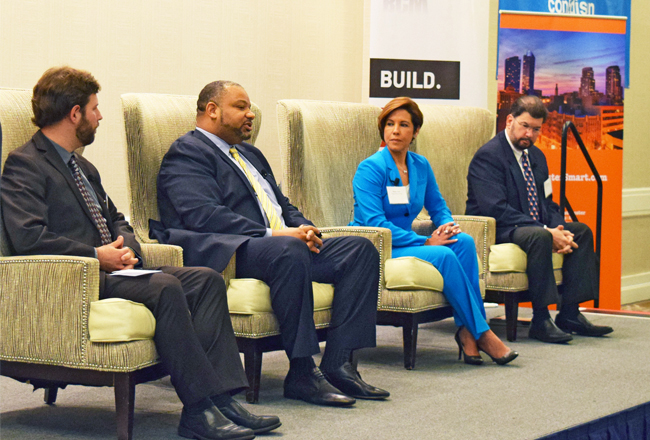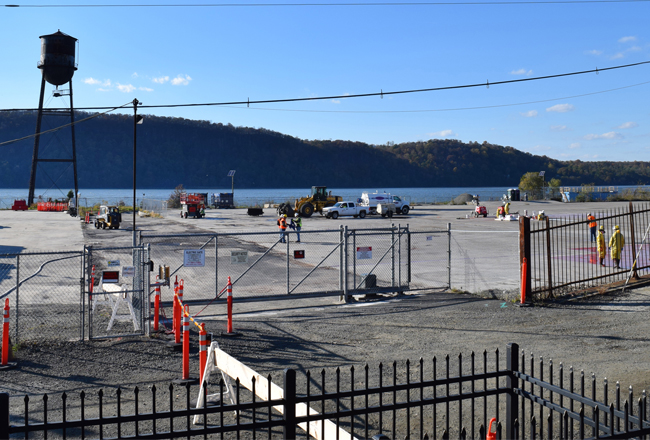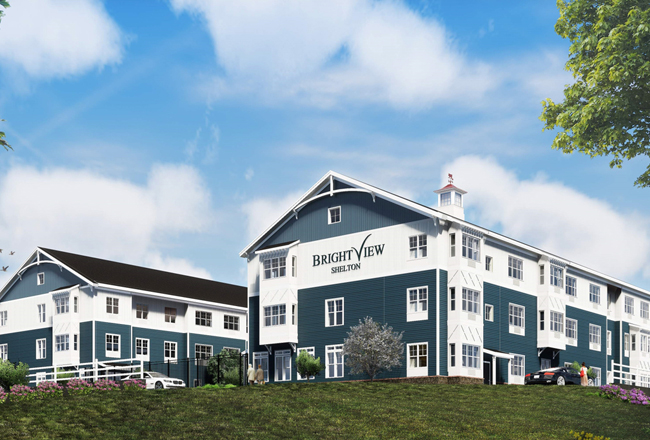Immigrants play a key role in Westchester County and across the Hudson Valley, panelists at a recent discussion at the Crowne Plaza in downtown White Plains agreed. And any reform regarding immigration would have a considerable effect on the area’s economy.
“What sustains this region in many respects is the immigrant community,” Elijah Reichlin-Melnick, senior research planner at Hudson Valley Pattern for Progress in Newburgh, said during the Oct. 26 discussion, presented by the Business Council of Westchester and the African American Men of Westchester, Inc. About one-fourth of those who call Westchester County their home are immigrants who were born in another country.

“Throughout the Hudson Valley, the Hispanic and Latin American community by far is the fastest growing demographic in urban areas, in suburban areas, in villages,” Reichlin-Melnick said. “Basically everywhere, except some of the smaller, rural towns on the outskirts of the region.”
Immigrant concentrations are highest in larger cities, like Yonkers, White Plains and New Rochelle, largely due to the availability of housing.
While the region saw significant growth in the number of immigrants who live in the Hudson Valley during the decade between 2000 and 2010, that growth has slowed in recent years. Reichlin-Melnick cited a number of factors for that, including a “big fall-off” in immigration following the financial crisis of 2008, along with today”™s political climate.
Richard St. Paul, a White Plains attorney whose practice areas include civil rights, employment law and government relations, said the Trump administration is focused on passing merit-based immigration reform. This approach would give preference to high-skilled immigrant workers, or those who have attained a certain level of education or skillset.
However, St. Paul noted a key flaw in that plan. “All workers, low-skilled and high-skilled workers, make contributions to this particular economy,” he said. “The cons of (the Trump approach) in terms of economic impact is on the local level.”
Peter Herrero, owner of New York Hospitality Group in White Plains, has seen firsthand the struggle to find workers in a time of shrinking immigrant numbers.
“The (hospitality) industry is growing so much that we don”™t have people to fill these jobs,” he said. “Our industry is really being starved – right, wrong or indifferent.”
Herrero said that at its heart, the hospitality industry is an industry of immigrants.
“Immigrants will do what Americans will not do,” he said. “They fill all the cracks.”
Despite the crucial role immigrants play in Westchester County”™s society, the immigrant population remains largely ignored here, said Maria Trusa, CEO and partner at Forme Medical Center & Urgent Care in White Plains.
“We have to figure a way to communicate with them,” said Trusa, who as a teenager emigrated to the U.S. from the Dominican Republic. “This is a population that has a hard time trusting, because they”™ve been burned.”
Attempting to rebuild that trust has been the focus of Trusa”™s two-decades-long career. The health care executive said that because many immigrants spend large amounts of time on Facebook, she”™s found a way to use the social network to her advantage. “We”™re obsessed with social media,” she said.
The White Plains medical center creates videos covering a variety of topics, from the importance of CPR training to messages and recommendations from the organization”™s gynecologist, which are then posted to its Facebook page. Those videos rack up thousands of views online and, said Trusa, are part of the reason why her business has seen an increase in its patient numbers.
Many who visit Forme Medical for treatment are working-class. To help accommodate those patients, the center is open each day until 9 p.m. “A lot of the time, our population is not able to take off work,” Trusa said. “When they take off work, they lose pay that”™s critical to them.”
Trusa also focuses on educating the immigrant community on the importance of preventive care.
“We do not understand why preventive care is so critical,” she said, referring to the immigrant community. “People might not know this, but in our community, people don”™t get colonoscopies when they”™re 50. It”™s not something you speak about.”
Eridania Camacho, director of Gateway to Entrepreneurship at Westchester Community College in Valhalla and panel moderator, agreed. “A lot of these things are very private to us, so education becomes critical,” she said.






















This man who is actually in the trenches see it from a very different perspective.
https://www.youtube.com/watch?v=xst93hOJWY8